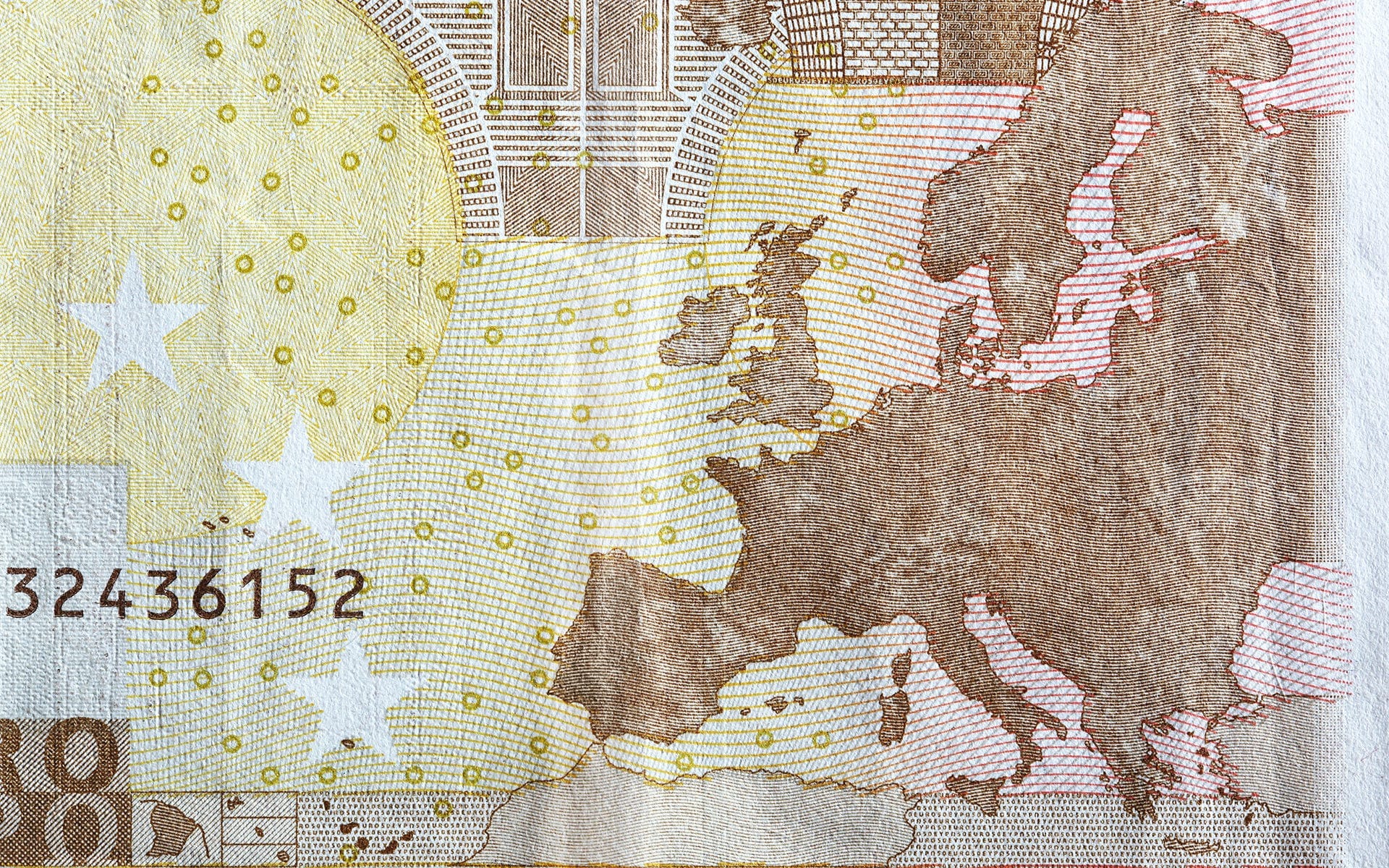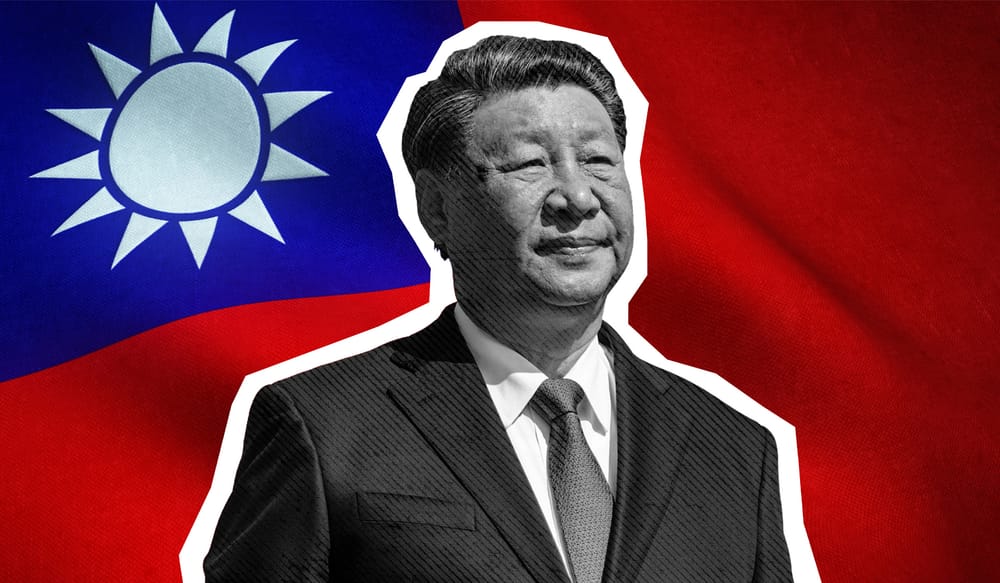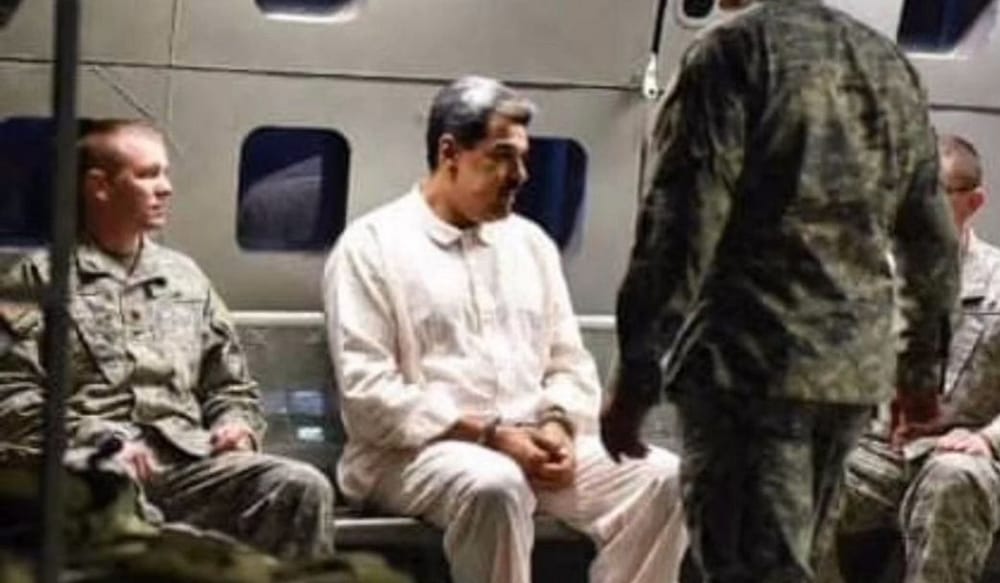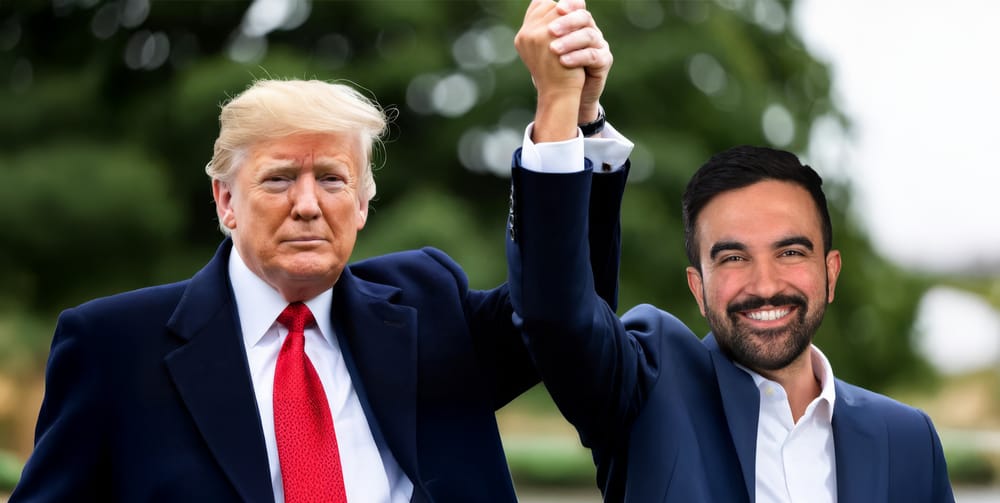It’s very popular to bash the euro these days. Many economists and economic commentators crawl out from dark corners of their offices, triumphantly shouting - “I told you!”. And media love a scapegoat you can pummel endlessly. Going against this mainstream phenomenon I think neither the euro nor the Eurozone deserve the sting they get.
Here’s why.
Euro is good for both - the strong and the weak
Contrary to many opinions circulating in the media, euro does not only benefit Germany. This sort of a narrative has a political undertone aiming at polarizing the situation in Europe, placing the dominant European superpower against the weak and, supposedly, abused southern states. Some would even suggest that euro was meant to enslave and put them at the mercy of the strongest powers. It certainly sells well, but is as far from the truth as it can be.
In reality, one could argue that weaker states have actually much more to gain from joining the common currency than the stronger economies. Why?
The reasons are very simple.
Highly developed countries - such as Germany or France - have a strong product and service offering. So strong, in fact, that even if appreciating currency makes them more expensive, foreign customers will still buy from them. Yes, they are likely to suffer some decline, but this decline will never be dramatic, because the price is rarely the main factor for purchase at high end markets.
Entire world already pays a premium to drive German made cars, to buy German pharmaceuticals and chemical products. And while having a developed, borderless, single currency market helps them to sell these products in the EU, they have been successful long before euro was established.
Weaker economies, such as the Eastern European ones for example, are in a much more fragile situation. The main reason the world purchases their products or services, and invests on the ground, is the price. It’s simply a “good deal”. But if prices rise (when their currencies strengthen), clients seek better alternatives - and there are plenty of them around the world.
That’s why currency uncertainty seriously impacts economic situation in these countries - affecting not only trade, with its exports (which create local jobs) and imports (preventing people from buying advanced, foreign goods) - but also local financial markets (when foreign capital escapes in panic - as it happened in 2008/09 - despite Eastern Europe being in a better economic situation than most of the continent).
Therefore adopting a common currency immediately removes that risk from their everyday reality. European investors are much more likely to stay, since their investment has just become a lot more predictable, European customers enjoy good products at reduced and stable prices while the weaker states get more trade, more affordable imports, what helps them to bridge technological gaps, and cheaper lending, since they are now a part of a massive economic alliance.
It’s a win-win situation.
That said, we must now address the elephant in the corner...
Euro demands fiscal responsibility
You are probably thinking now - “Alright then, if it’s so great for everybody, why is the Eurozone suffering so badly today?”
Let’s begin by saying that it’s certainly not the fault of the euro.
Upon signing of the Maastricht Treaty, participating countries - and, subsequently, everybody else who later joined the EU and the Eurozone - agreed to fulfill certain convergence criteria. In other words, ALL member states are legally bound to follow the set of rules outlined in the treaty and its extension known as the Stability and Growth Pact (which covers all EU states), including two, strict, fiscal requirements:
- Maintaining government deficit below 3% of the GDP.
- Keeping the debt-to-GDP ratio below 60%.
So, how many EU countries have managed to continuously fulfill these criteria ever since SGP was introduced in 1998? Only 4 in the entire EU and only 2 in the Eurozone - Finland and tiny Luxembourg. Even the Germans found themselves in breach of these rules immediately when the pact became law in ‘98.
It means pretty much nobody followed the rules - and they are critical prerequisites to currency stability and economic growth. Somehow, the EU leaders seem to have thought that it was just “going to be alright”. If there’s a problem a few more handshakes and a few more papers signed should fix it.
As we can see, most of the Eurozone is outside of SGP criteria - and have been there for quite a while.
Of course, fiscal responsibility should be something natural regardless of whether you are in a monetary union or not. However, this requirement becomes significantly more important in a common currency zone, because you cede monetary policy tools to an international central bank.
It means that if you spend money recklessly, running regular budgetary deficits, you have no monetary tools to control your economic situation and try to soften the market shocks. You can’t devalue your currency and you can’t recapitalize your banks, simply because you can’t print more money.
There is, however, another question, that is very rarely asked - should you really want to do that?
Monetary policies are severely abused
Monetary tools are favorite toys of modern politicians. Ever since the ability to print money was finally met with introduction of fiat currencies, governments around the world were very excited to take advantage of this easy way of getting out (at least temporarily and largely on paper) out of economic trouble.
In this modern age, what matters most are media headlines, charts, tables and numbers - which shape public perception of reality.
Therefore politicians are very eager to present favorable economic metrics - and these are most easily manipulated with "creative" use of monetary policies. Despite autonomy central banks usually enjoy, they are quite often inclined to do what the administration wants - and monetary dealings allow creating an economic impact without the downside of direct fiscal costs. That’s why so often the world’s governments will look to central monetary authorities for aid (Quantitative Easing being one of the starkest examples in recent years) in helping their economies improve crucial statistics.
Instead of implementing painful, difficult, structural reforms it's just easier to print more money.
Many people - including economists - suggest that countries like Greece, Italy, Portugal or Spain, would be better off outside of the Euro, since they would be able to devalue their currencies and thus become cheaper and more attractive to foreign buyers and investors.
This twisted logic suggests that getting paid less for your work and being able to afford fewer goods and services is somehow a favorable economic reality (as long as you can consume as much local cheese and wine as before).
At the same time it completely ignores the underlying structural weaknesses which are the real factors behind increasing public debt and slowing growth across the Western world - bureaucracy, corruption, weaker technological development, growing grey markets and enormous public social welfare spending.
Monetary policies - as the name implies - should be reserved for solving monetary issues. They should not be used to manipulate the economy, nor should they be used in an attempt to hide problems created by poor governance.
In a way, then, euro is doing a great job of exposing irresponsible governments, who have nowhere to hide their sins. On the other hand, however, measures for monitoring and penalizing reckless fiscal behavior have been rendered useless in the EU, primarily by the political unwillingness to implement them. It is no surprise, then, that they haven’t been able to produce any change in the past 15 years during which most of the EU sank gradually more and more in debt.
Once again, European leaders were happy to sign a few documents and pose to nice photos, but couldn’t be bothered to actually implement the legislation they approved.
Euro was, in fact, a very well planned project, coming with a rigid set of rules and economic requirements - clearly showing that people in charge knew well what needed to be done. Unfortunately, their ideas and instructions remain on paper, while in the real world European governments keep undermining the union with their incompetence and indecisiveness.
Can the euro be saved?
EU leaders have clearly shown the desire (I wouldn’t call it “will” though) to save the common currency. And, contrary to many other commentators, I think the euro will survive. But like everything in Europe these days, it will only live on life support, a bare minimum EU leaders will be able to commit to - and actually execute.
Since 2011 a new set of regulations, called the “Sixpack”, have been passed in the aim to penalize countries which are breaching SGP rules - and have failed to improve. Whether they will have any impact is yet to be seen, but typically all similar solutions formulated in the past turned out to be toothless and used, at best, for political leverage.
Euro will not cease to exist, but - under current political circumstances - it will also not enable Europe to grow to compete on level terms with United States, China and, in the future, India.
So if it's posing so many challenges, let's rephrase the original question:
Should the euro be saved?
Maybe it would be better to give up and abandon the common currency, then? If EU members continue to struggle with utilizing its potential, why keep forcing it on them?
"Europe’s common market exemplifies a situation that is unfavorable to a common currency. It is composed of separate nations, whose residents speak different languages, have different customs, and have far greater loyalty and attachment to their own country than to the common market or to the idea of "Europe." Despite being a free trade area, goods move less freely than in the United States, and so does capital." / Milton Friedman
He diagnosed the situation in Europe before adoption of the common currency with typical simplicity and wisdom and I generally agree with his assessment:
- Yes, conditions for implementation of the euro were not entirely favorable.
- Yes, Europe is divided, speaks many languages and people, goods and capital are not as mobile as they are in the US.
- And, finally, yes, euro was primarily a political project, aiming to bind Europe closer together.
However, I think Friedman’s diagnosis also exemplifies where the differences in opinion between economists and politicians stem from. Economists give preference to economic factors in evaluating the union - politicians, on the other hand, consider that economic terms can be improved with time, while political unity is growing in people's minds.
Since I’ve dabbled with both, economics and politics, in my life, I will attempt to bridge these views here.
The paradox is that these obstacles - which Friedman accurately points out - are precisely why the euro was introduced. For an economist they were almost disqualifying for the monetary union - for a politician, however, they were the key arguments supporting its creation.
EU started as an effort to establish peace on the Old Continent, but with time it transformed into a lifeline for entire Europe - if it wants to retain any political meaning in the future. Globalization (resulting in quick convergence) coupled with growth in population accelerated the rise of new superpowers. No European country is strong enough to be a serious player on a global scene of the future on its own. Can anybody imagine even 80 million Germany negotiating on level terms with 1300 million China?
Europe cannot wait another few hundred years for its nations to gradually mix and perhaps even speak the same language. It may never happen. European integration needed a catalyst to help build a common European identity. Because there was no historical precedent, a pan-European project that could create this identity, such a precedent had to be created.
A free trade zone is not enough - it only facilitates movement of goods, not people and not culture. So euro was designed to be a tangible representation of European integration. By abolishing national currencies it was meant to remind people every day that now they are all a part of a single, united continent.
Of course, EU leaders must have anticipated that problems - both political and economic - would appear along the way. But the euro was created to stay here forever and we already witness the growth of new generations, who don’t remember their countries without it.
Interestingly, this is not the first time an economic union was used to pave way to political integration.
Germany as we know it today is a product of just such a project - a free trade and monetary union which gradually transformed into a unified, political entity.
Germany didn’t even exist until late 19th century, being broken up into dozens of states, remnants of political turmoil of the past few hundred years. It was through a customs union (Zollverein), followed by adoption of a common currency, that the eventual German Empire was created, barely 140 years ago.
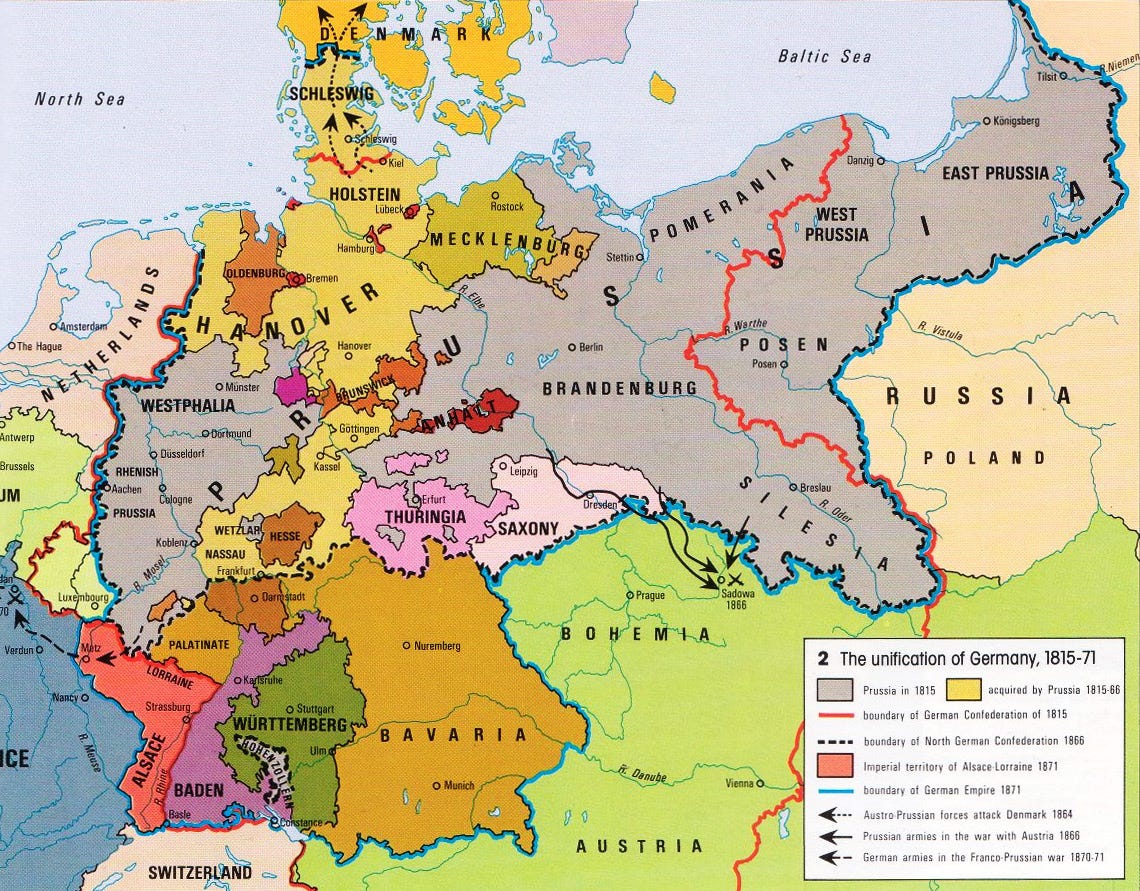
So while political unity might pave the way to economic integration - this example shows that the same is possible the other way around. Of course, German states had several advantages over the modern EU - such as common language and fairly similar cultures. That said, Europe of today has modern technologies, telecommunications and transportation allowing for travel between its most distant parts within a few hours. It's much smaller and much less divided than it used to be.
Establishing European identity won't be easy, but it lies within the realm of possibility - and 21st century like no other before allows to hope this goal can materialize. It won't, however, as long as economic recklessness prevails while international treaties remain empty declarations, symbols of good intentions - which, as we know, road to hell is paved with.
For euro to just survive little more than political will is needed. But to make it a cornerstone of European integration, allowing the continent to thrive in the future and keep its place among global superpowers, Europe needs more responsibility, hard work and honesty instead of cheap populism.
Without a quality change in European politics, without fiscal and monetary responsibility, it doesn’t really matter what currency is in circulation - it won’t prevent European demise, which, as the recent crisis shows, has already begun.



